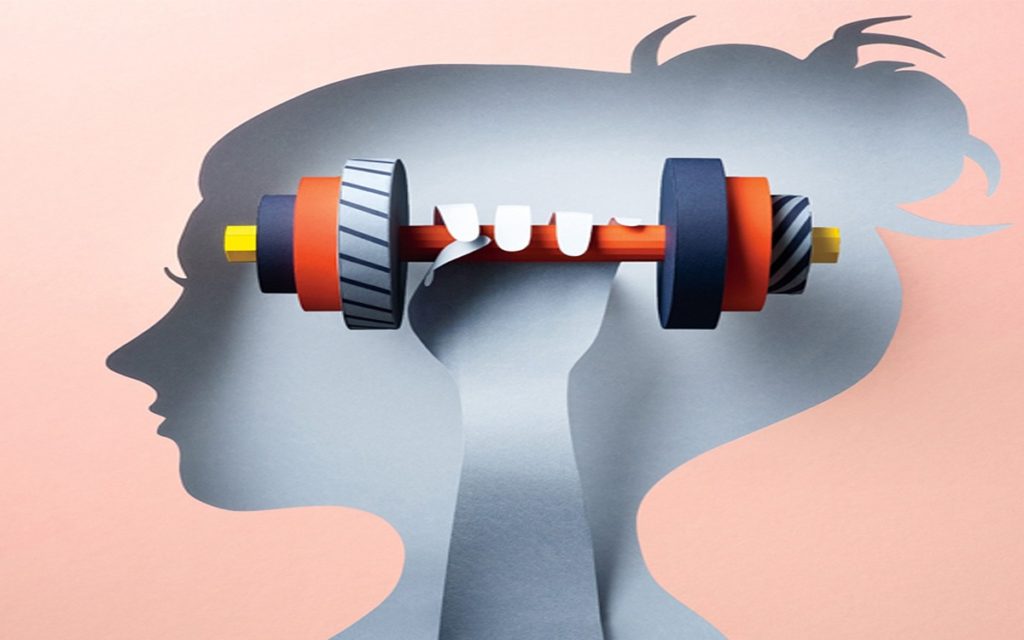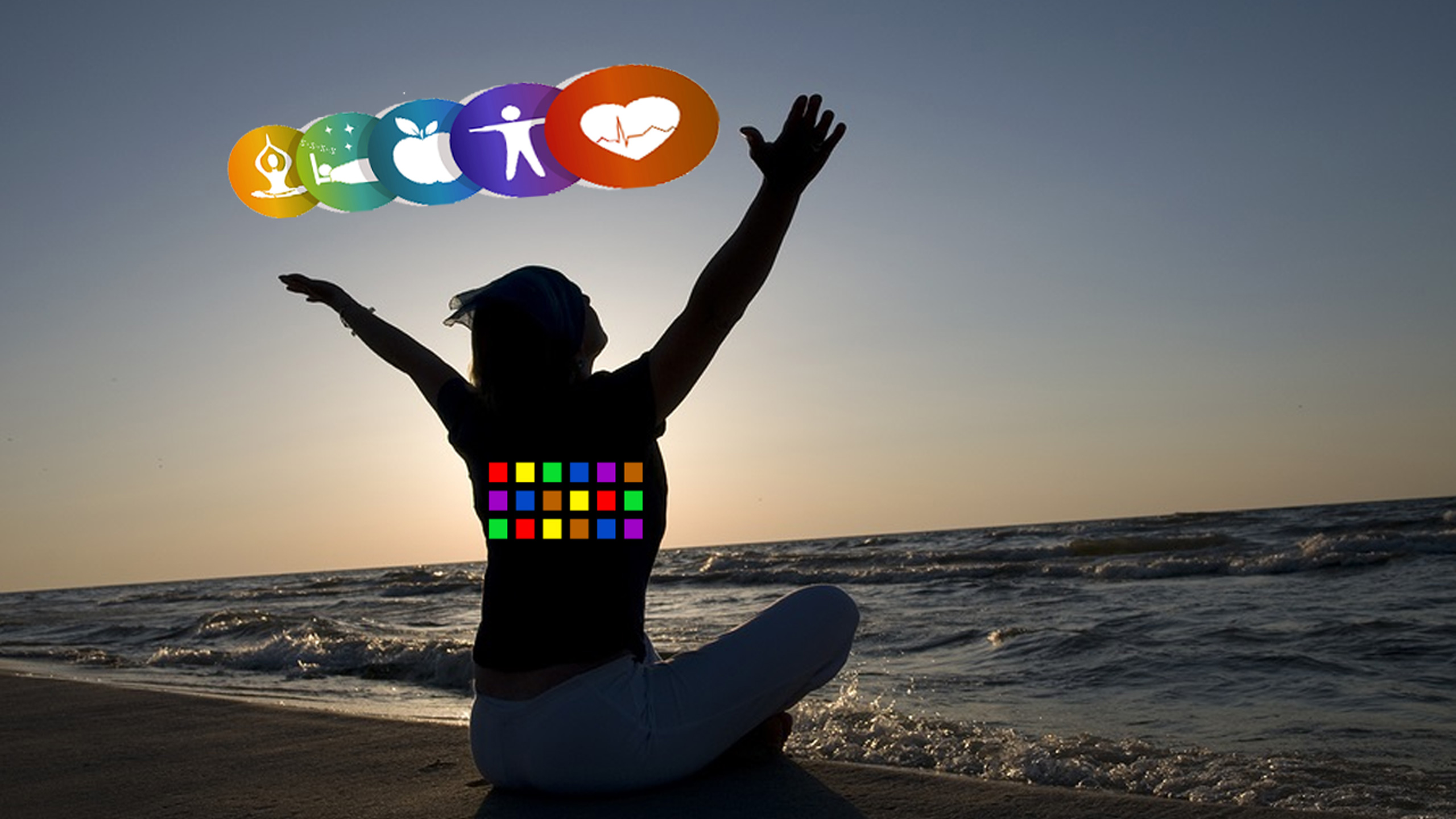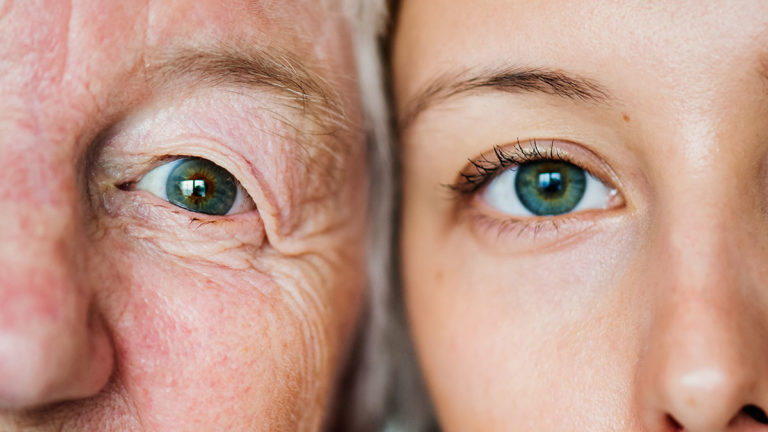It may seem paradoxical to think apps improve mental wellbeing. Using your phone to aid with stress and sleep, but there are now hundreds of applications available to help us discover inner calm. There must be something in it if the NHS is on board. Advising the use of apps to improve mental health wellbeing may seem like asking someone who wants to lose weight to live on jam and butter.
Nonetheless, it is taking place. While gadget and social media addiction is blamed for a rise in adolescent melancholy, and complaints abound that the continual need to check applications and message channels leaves us frantic and scattered, wearable tech manufacturers, app designers, and even the NHS want us to utilize our phones for soul-soothing.
The concept of using technology to treat mental illness is not new. For the last seven years, a PC-based online cognitive behavioral therapy (CBT) treatment for depression has been in clinical use; now, fresh services delivered through smartphone applications will make this kind of treatment even more accessible.
Meanwhile, there are over 500 mindfulness applications available, including meditation soundtracks, relaxation methods, and wise words, not to mention the many fitness/self-improvement apps that include mood monitoring. Everyone is doing it, from Apple Watch’s Breathe to Michael Acton Smith, the creator of the online monster adoption game Moshi Monsters. It’s relaxing to scroll through Calm’s sensory front page alternatives – rain falling on vegetation, a mountain lake – but can our growing dependency on phones truly help us find peace?
Mental health applications have been shown to be effective. Through which apps improve mental wellbeing. This summer, it was stated that Sleepio, a computerized CBT program for overcoming insomnia, had a successful NHS “real-world” study after being delivered via Manchester’s Self Help service (this followed a placebo-group randomised control trial). Before teaching users CBT methods, the software examines their problems, sleep habits, lifestyles, and bedrooms. The 98 individuals showed a 68 percent recovery rate from anxiety and depression symptoms after increasing their sleep, compared to a 45 percent NHS norm.

In the meanwhile, the wearable-tech business is expanding its services to include stress management. The concept is that gadgets can measure human biometrics and then utilize that information to favorably impact behavioral changes.
Fitness trackers like the Misfit Ray and Jawbone Up3 provide basic sleep monitoring and the ability to identify the reasons of high resting heart rates. Electrodermal activity, blood volume pulse, and skin temperature are claimed to determine mood in the forthcoming Feel (another wristband). Bellabeat Leaf, Prana, and Spire are clip-on devices that measure breathing.
Even Buddhify’s inventor, who has a successful mindfulness software, has reservations about the sector. Rohan Gunatillake portrays the app world as “warring fiefdoms,” striving for commercial dominance, but “community has historically always been part of the mindfulness tradition,” according to a widely shared blog post. Engaging with peers is a major component of the culture, whether it’s individuals practicing together or instructors supporting each other with common standards of ethics.”
He also worries that the way digital mindfulness is monetized, by dangling limited free material up front and then offering memberships if you want all the bells and whistles, would financially exclude individuals. He argues, “The demography is English-speaking, middle-class, and financially secure.”
Furthermore, mindfulness applications primarily sell guided meditations rather than delivering the kind of learning and insight that qualified instructors can provide. Which makes apps that improve mental well-being effective. Gunatillake hopes to create a link between the traditional and digital aspects of mindfulness by involving instructors more in app development.
“Nothing will affect how mindfulness is seen and practiced in our society more in the next 20 years,” he believes, since applications reach more people than face-to-face education.




